If the events of the past year have taught us anything, it’s that Life Science organizations—like most other businesses—need infrastructure that can adapt to unpredictable and disruptive risks.
Those that adopt certain actionable strategies today are going to be better-suited to ensure disruption-free activity in the future. Here are five you can implement now to help your team prepare.
1) Make Smart Automation Core to Delivering Value
Cloud-based technology has already begun to fundamentally change the way data storage and scientific computing takes place in the R&D environment. As Cloud capabilities improve over time, and the ability to securely capture and interpret scientific data increases, scientific research companies are going to become more efficient, compliant, and secure than ever before.
2) Leverage Interoperable Data to Drive New Value-Generating Insights
The rise of automation in this industry will enable a far greater degree of data interoperability and transparency. Scientific organizations will have to drive value with their ability to derive accurate insight from widely available data conveners. Disparities between the way research organizations make use of their tech platforms will always exist, but the rules of the game are likely to change when everyone at the table can see all of the pieces.
3) Let Platform Infrastructure Developers Take Center Stage
It’s clear that the future of biotech and pharmaceutical development will require massive changes to the data infrastructure that researchers use to drive progress and communicate with one another. Over the next two decades, health solutions may no longer be limited to medical devices and pharmaceuticals. Software applications and data-centric communication algorithms are going to become increasingly important when informing healthcare professionals about what actions to take. The availability of personalized therapies will transform the way research and development approach their core processes.
4) Focus on Highly Personalized Data-Powered Therapies
Until now, biopharmaceutical companies largely focused their efforts on developing one-size-fits-all therapies to treat chronic illnesses that impact large swaths of the population. However, the post-COVID healthcare world is likely to challenge this strategy in the long term, as more researchers focus on highly personalized therapies developed using highly efficient, data-centric methods. These methods may include using patient genomics to predict drug efficacy and gathering data on patients’ microbiome samples for less understood conditions like Alzheimer’s.
5) Commit to Ongoing Research and Empower Smaller-Volume Therapies
The wide availability of patient data will allow medical researchers to interpret patient data well after a drug hits the market. The raw data now available will enable the researcher to identify an opportunity to work with clinicians on developing new treatment pathways for a particular group of patients. Smaller-volume therapies will require new manufacturing capabilities, as well as cross-disciplinary cooperation empowered by remote collaboration tools – all of which require investment in new Cloud-based data infrastructure.
Future Development Depends on Interoperable Data Accessibility
Taking the actionable steps above will drive up value in the biotech and pharmaceutical space exponentially. The availability of interoperable data is already showing itself to be a key value driver for enabling communication between researchers. As the industry leans on this technology more and more over time, integrating state-of-the-art solutions for collecting, handling, and communicating data will become a necessity for R&D organizations to remain competitive. Adapting to the “new normal” is going to mean empowering researchers to communicate effectively with patients, peers, and institutions remotely, leveraging real-time data in an efficient, organized way.
RCH Solutions is a global provider of computational science expertise, helping Life Sciences and Healthcare firms of all sizes clear the path to discovery for nearly 30 years. If you’re interesting in learning how RCH can support your goals, get in touch with us here.
Reputable scientific computing consultants don’t say these things.
Today’s Life Science and biopharmaceutical research processes rely heavily on high-performance computing technology. Your scientific computing partner plays a major role in supporting discovery and guaranteeing positive research outcomes.
It should come as no surprise that not just anyone can fulfill such a crucial role. Life Science executives and research teams place a great deal of trust in their scientific computing advisors – it’s vital that you have absolute confidence in their abilities.
But not all scientific computing vendors are equally capable, and it can be difficult to tell whether you’re dealing with a real expert. Pay close attention to the things vendors say and be on the lookout for any of these five indicators that they may not have what it takes to handle your research firm’s IT needs.
5 Things Your Scientific Computing Vendor Should Never Say
If you feel like your partner could be doing more to optimize research processes and improve outcomes, pay close attention to some of the things they say. Any one of these statements can be cause for concern in a scientific computing partnership:
1. “But you never told us you needed that.”
Scientific computing is a dynamic field, with ongoing research into emerging technologies leading to a constant flow of new discoveries and best practices. Your scientific computing partner can’t assume it’s your job to stay on top of those developments. They must be proactive, offering solutions and advice even when not specifically solicited.
Your focus should be on core life science research – not how the latest high-performance computing hardware may impact that research. A great scientific computing vendor will understand what you need and recommend improvements to your processes of their own initiative.
2. “It worked for our other clients.”
It doesn’t matter what “it” is. The important part is that your scientific computing vendor is explicitly comparing you to one of your competitors. This indicates a “one-size-fits-all” mentality that does not predict success in the challenging world of Life Science research.
Every Life Science research firm is unique especially with respect to their processes. Setting up and supporting a compute environment involves assessing and responding to a wide variety of unique challenges. If your computing vendor doesn’t recognize those challenges as unique, they are probably ignoring valuable opportunities to help you improve research outcomes.
3. “Yes, we are specialists in that field too.”
There is little room for jacks-of-all-trades in the world of scientific computing. Creating, implementing, and maintaining scientific computing frameworks to support research outcomes requires in-depth understanding and expertise. Life Science research has a unique set of requirements that other disciplines do not generally share.
If your Life Science computing vendor also serves research organizations in other disciplines, it may indicate a lack of specialization. It might mean that you don’t really have reliable field-specific expertise on-hand but a more general advisor who may not always know how best to help you achieve research outcomes.
4. “We met the terms of our service-level agreement.”
This should be a good thing, but watch out for scientific computing vendors who use it defensively. Your vendors may be more focused on meeting their own standards and abiding by contractually defined service-level agreements than helping you generate value through scientific research.
Imagine what happens when your project’s standards and objectives come into conflict with your vendor’s revenue model. If your vendor doesn’t have your best interests at heart, falling back to the service-level agreement is a convenient defense mechanism.
5. “We’re the only approved partner your company can use.”
If the primary reason you’re working with a specific vendor is that they are the only approved partner within your company, that’s a problem. It means you have no choice but to use their services, regardless of how good or bad they might be.
Giving anyone monopolistic control over the way your research team works is a risky venture. If you don’t have multiple approved vendors to choose from, you may need to make your case to company stakeholders and enact change.
Don’t Miss Out on Scientific Computing Innovation
There are many opportunities your Life Science research firm may be positioned to capitalize on, but most of them rely on a productive partnership with your scientific computing vendor. Life Science organizations can no longer accept scientific computing services that are merely “good enough” when the alternative is positive transformational change.
RCH Solutions is a global provider of computational science expertise, helping Life Sciences and Healthcare firms of all sizes clear the path to discovery for nearly 30 years. If you’re interesting in learning how RCH can support your goals, get in touch with us here.




